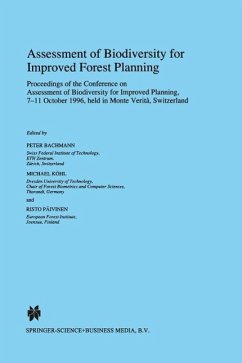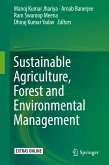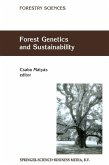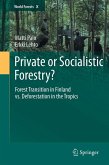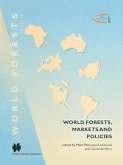The `Global Biodiversity Strategy' signed in 1992 in Rio de Janeiro, and the resolutions at the Ministerial Conferences on the Protection of Forests in Europe in Strasbourg, 1990, and Helsinki, 1993, commit the signatory states to monitor nationally the state of biodiversity and to sustain the characteristic natural variation in the country. Sustainability and long-term planning are the two terms best describing the philosophy of traditional forest management practices. However, the traditional planning techniques are not primarily developed to maintain sustainability of biodiversity. The gap between the international commitments and the practices in forest assessment and management is obvious. This publication presents experience in methodology for assessing and monitoring the variation of ecosystems and habitats in relation to biodiversity conservation and for integrating biodiversity in regional planning of forest management and land use. The state of the art in the field of natural resource assessments with special reference to forest biodiversity is reviewed, progress in integrating data on biodiversity in forest management planning is presented and the information needs regarding biodiversity conservation and the question to what degree assessment methods for forest biodiversity can be simplified for practical applications are discussed. The book is intended for researchers and practitioners in the field of forest and environmental planning and environmental policies.
Dieser Download kann aus rechtlichen Gründen nur mit Rechnungsadresse in A, B, BG, CY, CZ, D, DK, EW, E, FIN, F, GR, HR, H, IRL, I, LT, L, LR, M, NL, PL, P, R, S, SLO, SK ausgeliefert werden.

